Susan: I was first “introduced” to novelist Julie Kramer three years ago when her publisher sent me a 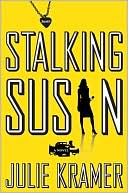 package. Inside was a galley of her forthcoming debut, Stalking Susan, and a threatening note: “Susan, why is your namesake being targeted…” I read the jacket copy and saw the novel’s plot involved a serial killer of women named Susan. I immediately looked up Julie’s website and email address and sent her a nice note complimenting her on the clever guerilla marketing and wishing her well with the launch. However, the subject line didn’t exactly scream “fan letter.”
package. Inside was a galley of her forthcoming debut, Stalking Susan, and a threatening note: “Susan, why is your namesake being targeted…” I read the jacket copy and saw the novel’s plot involved a serial killer of women named Susan. I immediately looked up Julie’s website and email address and sent her a nice note complimenting her on the clever guerilla marketing and wishing her well with the launch. However, the subject line didn’t exactly scream “fan letter.”
 package. Inside was a galley of her forthcoming debut, Stalking Susan, and a threatening note: “Susan, why is your namesake being targeted…” I read the jacket copy and saw the novel’s plot involved a serial killer of women named Susan. I immediately looked up Julie’s website and email address and sent her a nice note complimenting her on the clever guerilla marketing and wishing her well with the launch. However, the subject line didn’t exactly scream “fan letter.”
package. Inside was a galley of her forthcoming debut, Stalking Susan, and a threatening note: “Susan, why is your namesake being targeted…” I read the jacket copy and saw the novel’s plot involved a serial killer of women named Susan. I immediately looked up Julie’s website and email address and sent her a nice note complimenting her on the clever guerilla marketing and wishing her well with the launch. However, the subject line didn’t exactly scream “fan letter.” So I have to ask, you were just weeks away from the publication of your first novel, and you get this email from a stranger with the subject line “What a terrible idea for a novel.” What were you thinking?
Julie: My editor had mentioned something about trying some target marketing of Susans in the publishing world. When I saw your email, I thought their idea had backfired, and that you had come after me for revenge. But you actually ended up liking STALKING SUSAN (as most Susans do) and when we met in person at Thrillerfest we became friends.
Susan: Yes, we became friends. And now it's three years and three novels later, with a fourth mystery about to hit shelves in a matter of weeks. A novel a year, almost like clockwork, is a significant accomplishment. You had all the time in the world to write the first one; what's it like being on deadline now? Is it hard to come up with a fresh plot each year, or do you have half a dozen novels gestating in the back of your head?
Julie: It hurts to write a book. Honest. And because I write a series, I'm always on deadline. For me, coming up with the premise is the easy part. That always hits me like a flash. For instance, my upcoming book - KILLING KATE - is about a killer who draws chalk outlines shaped
like angels around the bodies of his victims. But after the inspiration, you still have to write the darn book. On days when the words are flowing well, I like being an author. On bad days, well, that's when it hurts to write a book. Maybe if I was a better outliner, that would help…but I tend to make up my stories as I go along. I think I resist outlining because I worked in news for so long. You can't outline news. What happens, happens. The good thing about spending a career in journalism is that I'm good with deadlines. And it's that confidence that keeps me from panicking on the real bad days. My books take readers inside the world of news, so that gives me a lot of freedom to come up with fresh material each time.
Susan: You led right where I was going... You write a series featuring Riley Spartz, a reporter on the local news. The setting in the world of tele-journalism is one of my favorite things about the books. You appear to know this world inside out, and it's really so interesting! What exactly is your background? Do you still work in the industry? What's the transition from fact to fiction like? It's got to be freeing.
Julie: I spent about 20 years at WCCO TV news in Minneapolis, most recently running their investigative unit...and then I started doing freelance news producing for NBC and CBS. It sounds kind of glamorous, but it actually meant a lot of racing to the airport and then buying socks and underwear at gas stations in rural Missouri and places the folks in New York didn't want to go to.
Occasionally I still take some assignments, but most of the time I'm too busy with my next book or speaking at libraries. I thought writing fiction would be much easier than news. But after a career in news, making stuff up felt like cheating. So I had issues to work through.
Susan: A spunky, brunette news producer in Minneapolis? Tell me the truth, are you Mary Richards?
Julie: Television news has changed enormously since the days of Mary Tyler Moore. News coverage is grittier now. And newsroom staff have more cynicism than spunk these days. While there is a little bit of me in my heroine....there's also a little bit of many reporters I've worked with over the years. But when pressed for details, I remind folks that my books are works of fiction. That's my story and I'm sticking to it.
Susan: LOL, fair enough. It's funny you mentioned the grittiness of news, because that's not the word I'd use to describe your novels. Stalking Susan featured a serial killer. Missing Mark was a missing persons case. Silencing Sam dealt with a murder closer to home, and explored issues of domestic terrorism. So, bad things happen in the books, but nothing is ever gratuitous or excessively graphic. Personally, I find it refreshing. I don't always want to wallow in the muck. How deliberate of a choice was this on your part? Is it hard to maintain the right balance, not too dark and not too light?
Julie: I wanted to write a series that my kids could read, as well as my mom. I've had families tell me that three generations have shared my books and enjoyed them. I've had eighth graders email me that they wrote book reports on my work and got As. I love that feedback. And I think there's a market for fresh plots without gratuitous sex or violence. That doesn't mean people aren't killed in my stories...but I give readers some room to imagine at whatever level they desire.
Susan: So, your third mystery, Silencing Sam is out in paperback this week. Can readers leap in right there, or do you think they should start the series from the beginning? Do you have an "elevator pitch" for the story?
Julie: While my books feature the same heroine, each is its own adventure and they can be read in any order. One of my favorite compliments is when a fan emails me after reading one of my books for the first time and then discovering I have a backlist of more. But I applaud readers who like to start a series at the beginning because I think there are certain character arcs they will pick up on. People are always curious about how the media works. I think that's one of the strengths of my books. I take people inside how newsrooms make decisions such as which missing people get publicity and which don't. And that can get ugly. But it makes for provocative storytelling.
As for a SILENCING SAM pitch: When a widely despised gossip columnist is found shot to death, TV reporter Riley Spartz must secretly investigate a case in which she becomes the prime suspect. Amid murder, our heroine discovers news and gossip have more in common than she ever imagined.
Susan: Well, I’ve already read “Sam,” (And loved it!) so I’m looking forward to Killing Kate, which I’ll be reading and reviewing here in the near future. For now, thanks so much for stopping by, Julie, and answering questions. Please come back and visit the blog anytime! Maybe a guest blogger post for “Kate’s” release…?
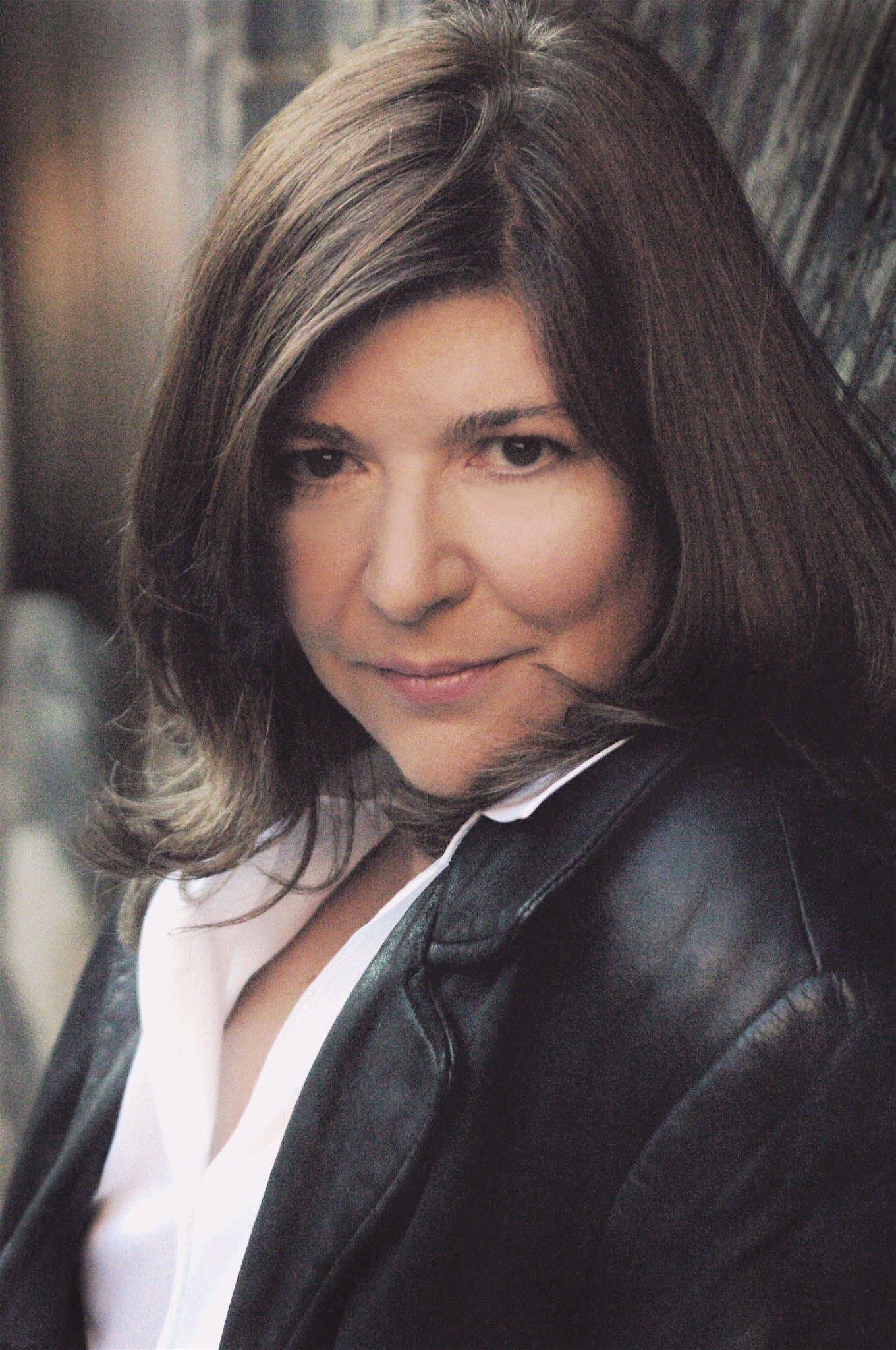
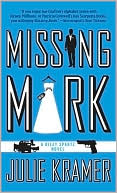
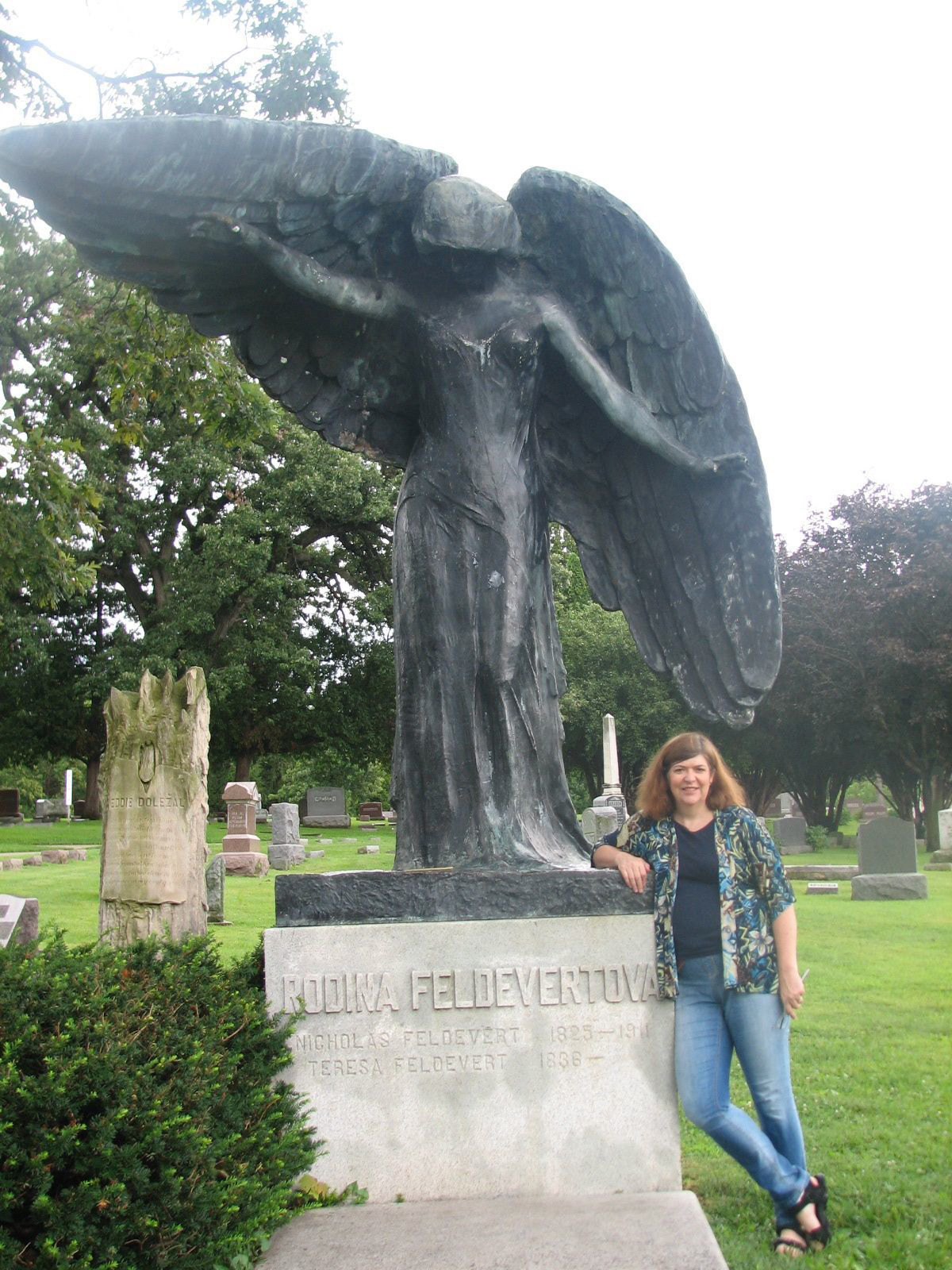


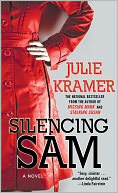
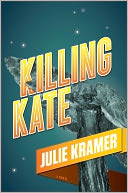

Just saw our chat is live. Thanks so much Susan. I'll try not to stalk you. :)
ReplyDeleteOh, you found the post before I could even tell you it was up. Good sleuthing! And, Julie, you can stalk me any time. :-)
ReplyDelete